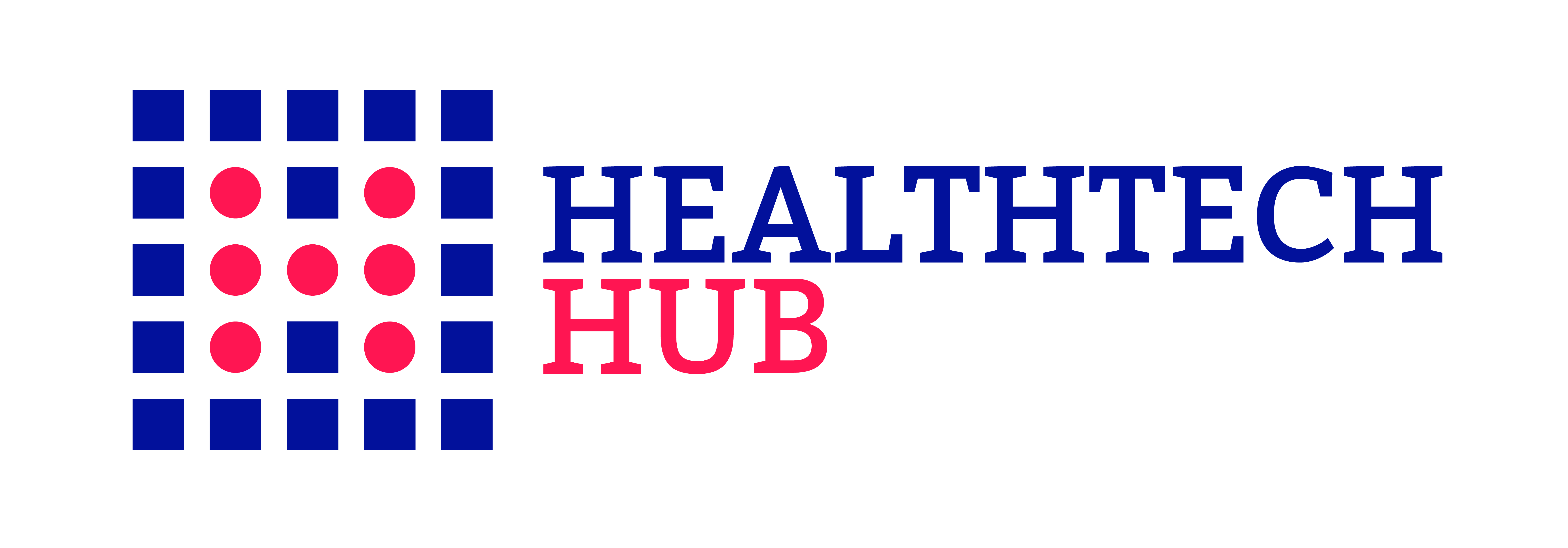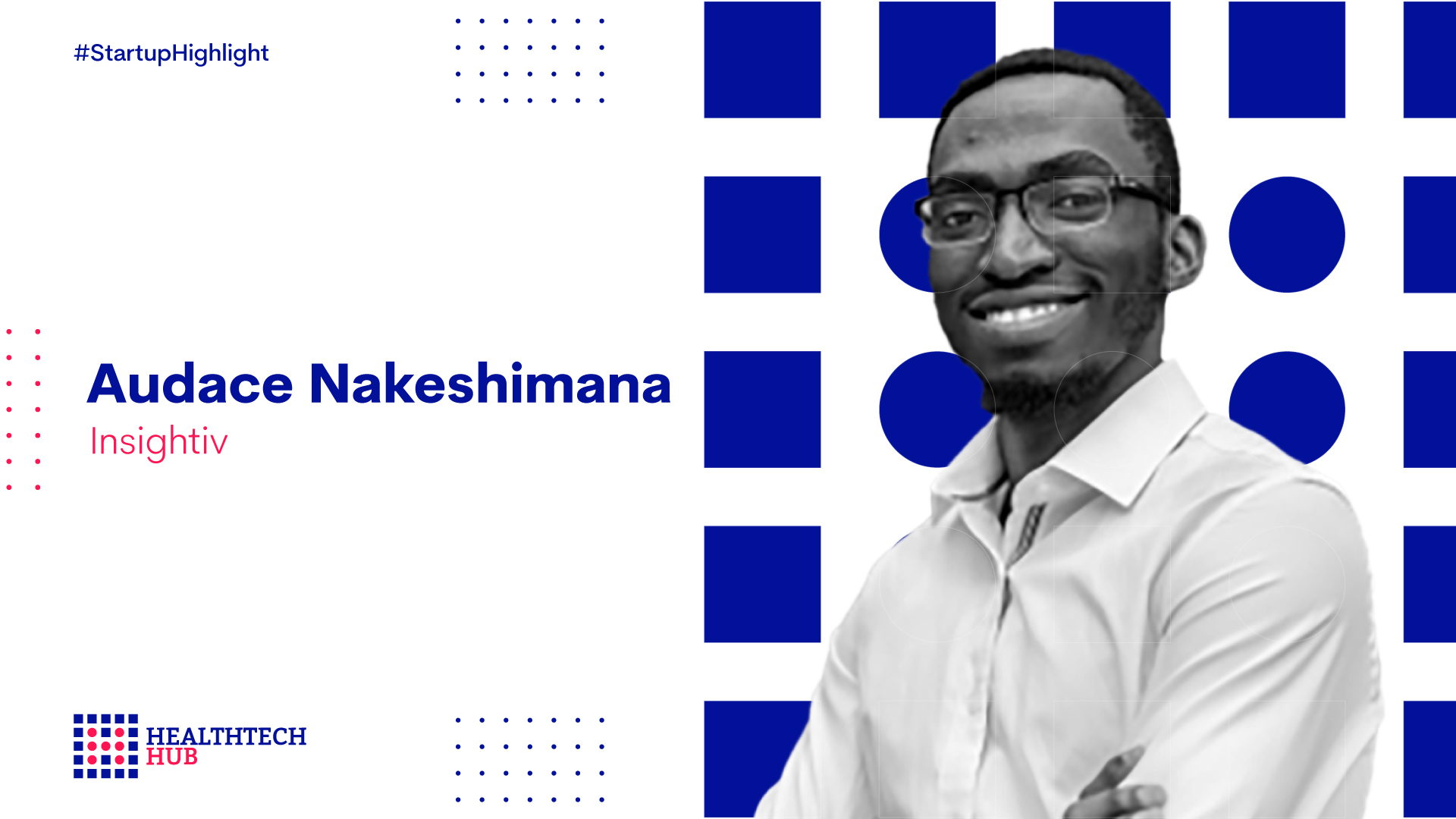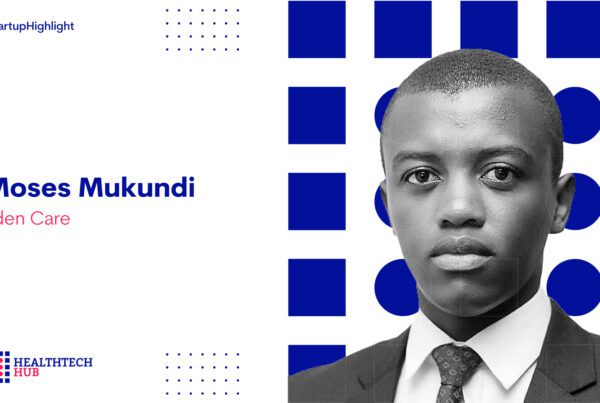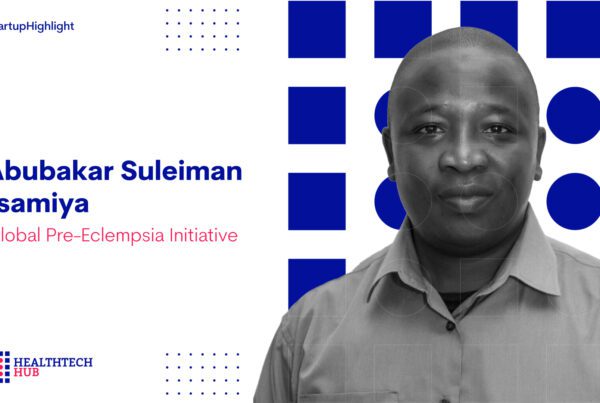What inspired you to start Insightiv, and what is the key problem Insightiv aims to solve?
What inspired my career path is short. I graduated in 2020 with a computer science and economics bachelor’s degree. I did computer science primarily because of my interest in technology, especially from an early age. Growing up, I was the kind of kid obsessed with tech things. Over time, I realized that technology is the best way to make a far-reaching impact, which can be seen these days.
I’ve always been interested in solving global challenges in education or healthcare. That pretty much motivated my interest in computer science. And when I finished my first year in college, I got an internship at Google and saw how technology is built from the industry side.
Before I started Insightiv, I was learning about some of the hardest challenges African countries face, healthcare being the biggest in the room. And technology is one of the most promising solutions. We’re seeing people tackling healthcare challenges from different angles, which is exciting. Audace added the motivation behind his career path and everything he has done. So, I founded Insightiv to take up the slack between where radiologists are and where they are not.
What has been the development of Insightiv so far?
To give more context, Insightiv started in November 2019. We tried to do more market research to understand the problem and the patient’s experience regarding their access to medical imaging and by hearing from healthcare professionals about the key challenges. We had already put together a prototype. And we started using artificial intelligence to diagnose some anomalies from chest x-rays. We’ve made some significant promising steps. We had a product that different radiologists tested. And we’ve been working on an AI project on COVID-19 diagnostics, which was successful. We have an algorithm that can detect whether a patient has COVID-19 from a chest x-ray.
And that has been shown to have about 94% accuracy right now. So, we are in a place where we think our technology is working, and right now, we are trying to work with the Rwanda FDA and the ministry of health in allowing us to pilot in public hospitals to serve the purpose. We have partnerships with Harvard Medical School, which is working on diagnosing or detecting wound infections for mothers with C-section surgeries. We worked on a system with them that has been used in most hospitals and thousands of patients diagnosed.
What did winning first prize in Norrsken and Novartis Foundation’s HealthTech Challenge mean for you and your company’s mission (Insightiv)?
The short answer is that it means a lot! We received the top financial reward for winning the competition. And this has been highly beneficial to us, most notably in developing our products and helping us increase our investment in product development, which is crucial for entering the market. On the other dimension, it has undoubtedly assisted us in attracting the proper attention. Being in the Norrsken Foundation and the Novartis Foundation HealthTech Hub has given us a network of people within the healthcare sector.
Is such a technology-focused learning Hub considered necessary by looking at its multisectoral benefits in Rwanda and the continent?
Yes! It is necessary. Because, with all this buzz and all these diverse innovation ideas, we know there is a demand for a platform like this. This Hub will continue to be the community where all start-ups will share ideas and discuss some of the difficulties they face in their work.
The Hub will encourage a learning environment and a continuous chain of exchanges that any start-up may benefit from. And it will be a community that invites potential partners to explore how they can help improve health outcomes and reinvent healthcare systems through new tech breakthroughs.
What are the biggest obstacles to scaling up health tech in Africa? How can these challenges be addressed?
Indeed, many of the start-ups in the field do not have adequate financial resources or expertise. And getting partners to help them develop and test their ideas is challenging. That’s one of the biggest challenges. On the other hand, regulations beneath the implementation of their solution. Another major challenge is the lack of needed data. This data is necessary to create some of these solutions. Sadly, it is not easy to get your hands on such data. All required is a suitable platform and support from various partnerships in government policy and the private sector. Although “partnership” is broadly defined, you must consider who can help with what.
What are your opinions on Africa’s need for more health-tech investment, especially in bridging the gap we have in the health sector?
More investment is required because of the resources necessary to build a healthcare solution. Human capital is in short supply, which will be filled by technology. Also, cost-effective solutions are required. That would be fantastic. So, there is a need for additional funding to do research and development to strengthen our health sector.
What do you think Rwanda needs to do to spark such a health tech-enabled innovation Hub to attract more startups to join the Hub?
Most of the time, the best way to attract start-ups is to provide a favorable working environment. Every startup would like to be in an enabling workspace. And I think that’s the essential thing Rwanda is doing. There is an availability of resources that start-ups need, from capital to mentorship to investors. This attracts more start-ups. And those things are crucial. However, the need to look beyond the incubation phase is also crucial. The government needs to look at what it takes to put those start-ups in the market and how to make them succeed to create a success story beyond investments.
In 5 years, what do you hope to see Insightiv achieving?
As I said, we are focusing on going to the market this year. So, five years from now, we want to see our technology making an impact, which is our first goal. We dream of seeing the technology we’ve been working on, helping people daily, both in Rwanda and even outside Rwanda. We know it will require more investment, but if we can be in the market helping patients, we will have access to resources through investment. That would help ensure we develop the technology that is helping the real world.





